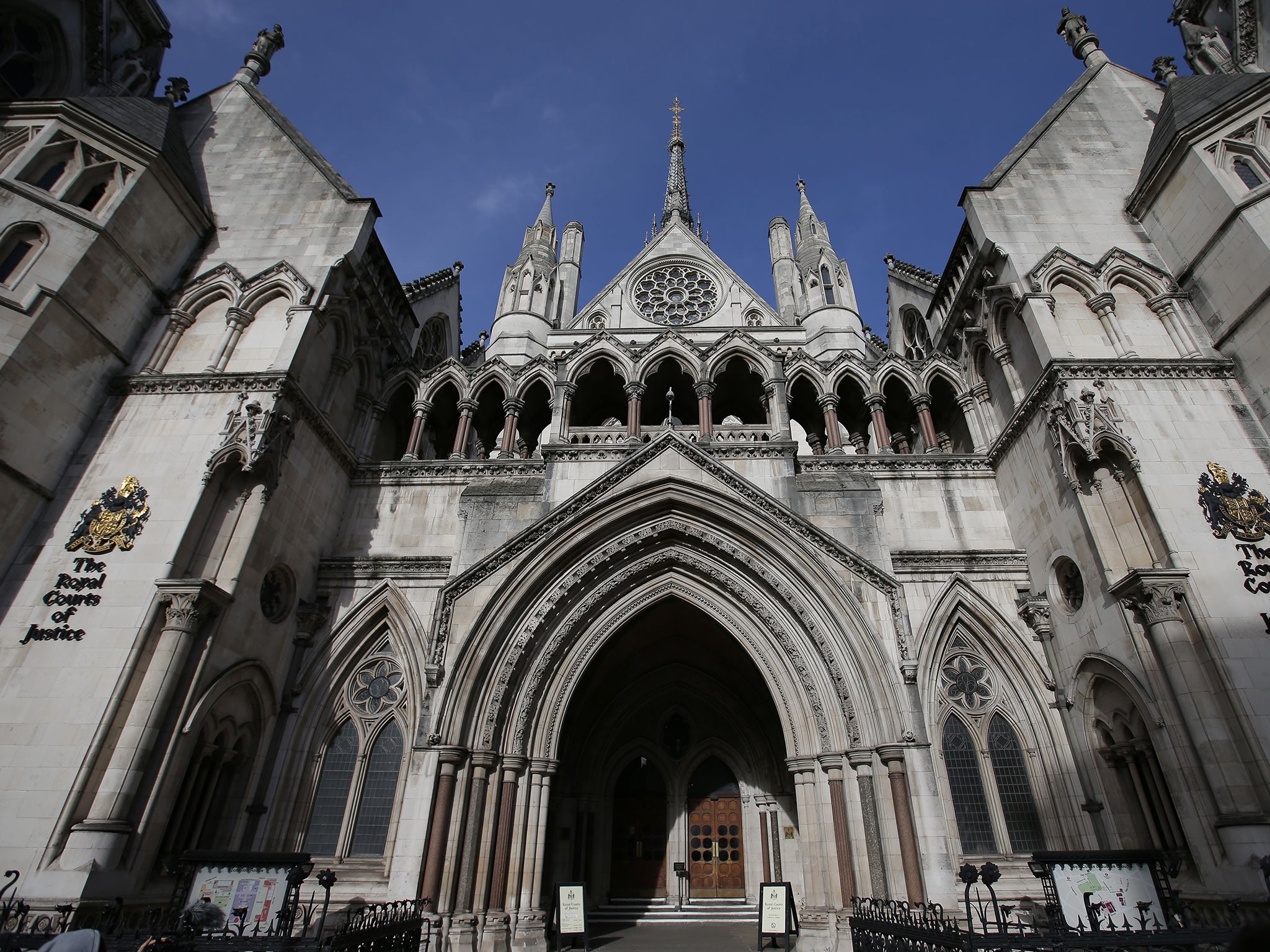Judge rules boy must be taught in Islamic faith school against wishes of father
The unnamed father claims he will not be able to participate if his son attends an Islamic secondary school from next year

Your support helps us to tell the story
From reproductive rights to climate change to Big Tech, The Independent is on the ground when the story is developing. Whether it's investigating the financials of Elon Musk's pro-Trump PAC or producing our latest documentary, 'The A Word', which shines a light on the American women fighting for reproductive rights, we know how important it is to parse out the facts from the messaging.
At such a critical moment in US history, we need reporters on the ground. Your donation allows us to keep sending journalists to speak to both sides of the story.
The Independent is trusted by Americans across the entire political spectrum. And unlike many other quality news outlets, we choose not to lock Americans out of our reporting and analysis with paywalls. We believe quality journalism should be available to everyone, paid for by those who can afford it.
Your support makes all the difference.A father who described himself as an “Anglo-Saxon” atheist has lost a legal battle to prevent his ex-wife from sending their son to an Islamic secondary school.
The man, who cannot be named for legal reasons, said he follows no particular faith and wanted his son to have a secular education.
His ex-wife, who is Muslim, had chosen a private Islamic boys’ school for her son, but the father described the institution a “school inside a mosque” and claimed he would be “marginalised” by his son if he were to attend the London-based school from next year.
Representing hi, barrister Zimran Samuel said the mother and father have “different world views”, adding that it was his wish for his son to be educated in a “neutral” environment.
It was likely that similar cases would appear increasingly often in family courts, he added.
A High Court judge rejected the father’s attempt to appeal a family court ruling.
Mr Samuel told the court: “He is an Anglo-Saxon white man who has no particular faith.
”He describes it as a school inside a mosque. It's not really a school within a mosque but that's how he describes it.
“We have a father who in this modern day and age tries to tell [his son] that it is OK for parents to disagree.
”He has absolutely made it very clear that he feels marginalised. This sort of issue will crop up more and more before the courts.“
The couple were said to have divorced more than year years ago after nine years of marriage.
The man, a marketing director, had converted to Islam after marrying, but had rejected the faith after the couple’s separation.
Speaking to the court, Mr Justice Baker said the ten-year-old boy lived with his mother and had been brought up as Muslim.
A family court judge had previously concluded that the boy would be disappointed if he could not go to the Islamic school.
Mr Samuels argued that the boy’s faith could be adequately catered for at a secular school and that the father felt he would not be able to participate in the same way at the Islamic school.
The appeal was dismissed on the grounds that the earlier ruling – that the man would not be marginalised by his son – was correct.
Subscribe to Independent Premium to bookmark this article
Want to bookmark your favourite articles and stories to read or reference later? Start your Independent Premium subscription today.
Join our commenting forum
Join thought-provoking conversations, follow other Independent readers and see their replies
Comments